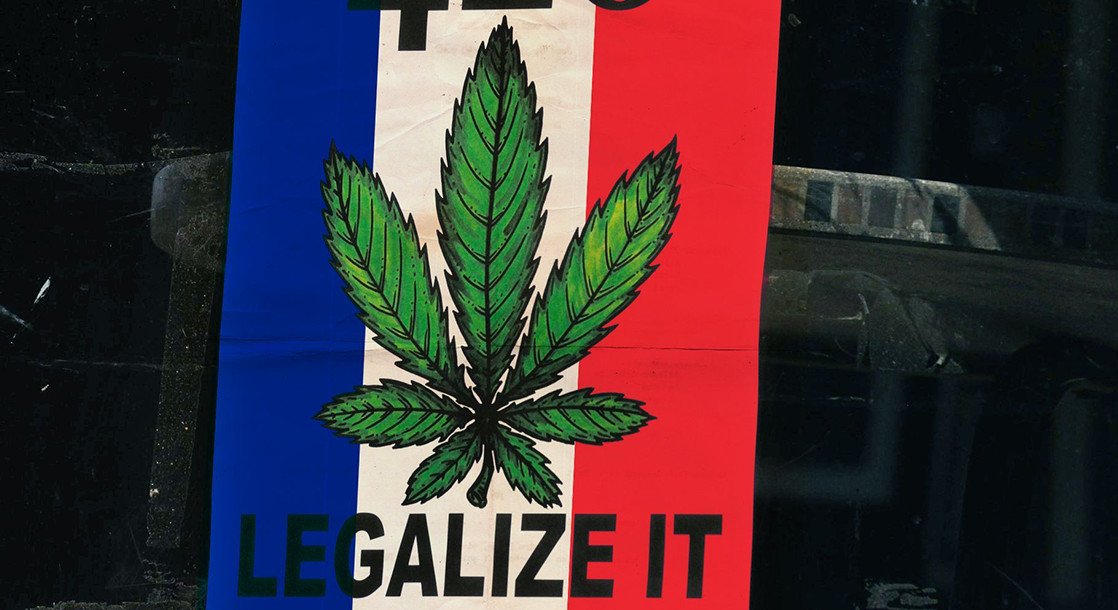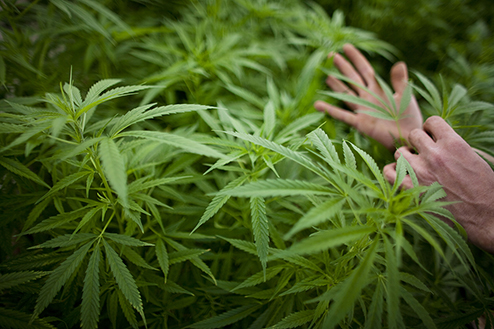A little over a month ago, France was in the midst of a tense political election between current President Emmanuel Macron and his far-right challenger Marine Le Pen. Now, after only weeks in office, French cannabis users are receiving another important victory from the newly elected government.
This past week, Minister of the Interior Gérard Collomb revealed the country’s imminent plan to decriminalize possession of cannabis. The proposed rule shift would replace prosecution and imprisonment with simple fines and citations. While speaking on the French news channel BFMTV, the newly-appointed interior minister reported that, ideally, decriminalization will go into effect as early as September.
In the past, President Macron has indicated that penalties for cannabis possession would lead to a fine of €100 ($111). This is a stark difference from the current law, which is among the harshest in the entire European Union. Currently, possession of cannabis for personal use can result in 10 years in prison or €7.5 million fine ($8.4m).
The proposed move has als received support from the UNSA Police union, which has long advocated for change in cannabis policy. The union believes that arresting people for cannabis possession is time-consuming and is not effective in combating drug trafficking.
But while most advocates acknowledge that decriminalization is a step in the right direction, some believe that the proposed law doesn’t go far enough to ensure fairness. According to Benjamin Jeanroy, the co-founder and head of drug policy for the reform organization ECHO, the change would “alleviate the work of the state, but keep the social injustice.”
These concerns seem to have merit, as the decriminalization measure would still have some strings attached. Collomb has also laid out a plan that would restrict the freedoms of people convicted of drug charges. The interior minister plans to temporarily prohibit convicted drug dealers from returning to their local areas, attempting to prevent these individuals from jumping right back into trafficking.
If the proposed plan goes into effect, France would join a growing list of Western European countries that have stopped prosecuting cannabis possession, including Spain, Portugal, and the Netherlands. What kind of impact the law change will have on impoverished communities remains to be seen. Nonetheless, the new government is aiming to give France’s pro-cannabis community yet another reason to light up.











